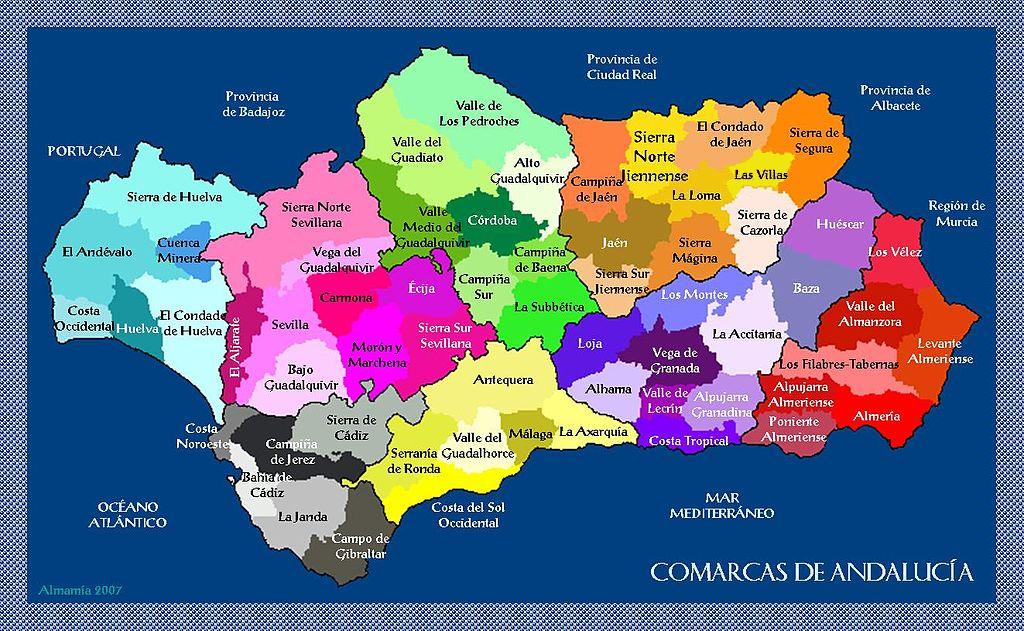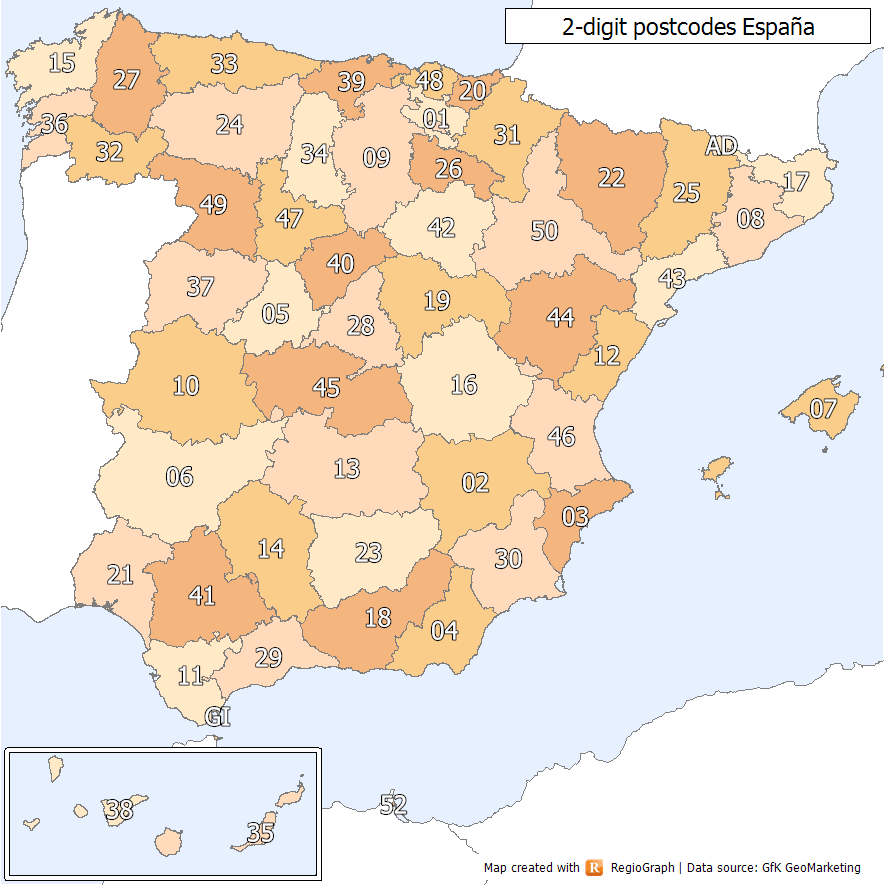|
Mendaro, Spain
Mendaro is a town and municipality located in the province of Gipuzkoa, in the Autonomous Community of Basque Country, northern Spain. The Mendaro Valley is the town's namesake. There is little agreement on the origin or meaning of the word itself. Surrounded by mountains, the town is located in northeast Gipuzkoa near the Biscayan border. Officially founded in 1983, Mendaro is considered one of Gipuzkoa's youngest municipalities. References External links Official WebsiteInformation available in Spanish and Basque. MENDARO in the Bernardo Estornés Lasa - Auñamendi Encyclopedia (Euskomedia Fundazioa)Information available in Spanish Spanish might refer to: * Items from or related to Spain: **Spaniards are a nation and ethnic group indigenous to Spain **Spanish language, spoken in Spain and many countries in the Americas **Spanish cuisine **Spanish history **Spanish culture ... Municipalities in Gipuzkoa Debabarrena {{Basque-geo-stub ... [...More Info...] [...Related Items...] OR: [Wikipedia] [Google] [Baidu] |
Municipalities Of Spain
The municipality (, , , , , )In other languages of Spain: *Catalan language, Catalan/Valencian (), grammatical number, sing. . *Galician language, Galician () or (), grammatical number, sing. /. *Basque language, Basque (), grammatical number, sing. . *Asturian language, Asturian (), grammatical number, sing. . is one of the two fundamental territorial divisions in Spain, the other being the Provinces of Spain, provinces. Organisation Although provinces of Spain, provinces are groupings of municipality, municipalities, there is no implied hierarchy or primacy of one over the other. Instead the two entities are defined according to the authority or jurisdiction of each (). Some autonomous communities also group municipalities into entities known as ''comarcas of Spain, comarcas'' (districts) or ''mancomunidades'' (commonwealths). The governing body in most municipalities is called ''Ayuntamiento (Spain), ayuntamiento'' (municipal council or municipal corporation, corpora ... [...More Info...] [...Related Items...] OR: [Wikipedia] [Google] [Baidu] |
Autonomous Communities Of Spain
The autonomous communities () are the first-level political divisions of Spain, administrative divisions of Spain, created in accordance with the Constitution of Spain, Spanish Constitution of 1978, with the aim of guaranteeing limited autonomy to the nationalities and regions of Spain, nationalities and regions that make up Spain. There are 17 autonomous communities and two autonomous cities (Ceuta and Melilla) that are collectively known as "autonomies". The two autonomous cities have the right to become autonomous communities. The autonomous communities exercise their right to self-government within the limits set forth in the constitution and Organic Law (Spain), organic laws known as Statute of Autonomy, Statutes of Autonomy, which broadly define the powers that they assume. Each statute sets out the devolved powers () for each community; typically those communities with stronger local nationalism have more powers, and this type of devolution has been called ''asymmetric ... [...More Info...] [...Related Items...] OR: [Wikipedia] [Google] [Baidu] |
Provinces Of Spain
A province in Spain * , ; grammatical number, sing. ''provincia'') * Basque language, Basque (, grammatical number, sing. ''probintzia''. * Catalan language, Catalan (), grammatical number, sing. ''província''. * Galician language, Galician (), grammatical number, sing. ''provincia''. is a political divisions of Spain, territorial division defined as a collection of municipalities of Spain, municipalities. The current provinces of Spain correspond by and large to the provinces created under the purview of the 1833 territorial division of Spain, 1833 territorial re-organization of Spain, with a similar predecessor from 1822 territorial division of Spain, 1822 (during the Trienio Liberal) and an earlier precedent in the 1810 Napoleonic division of Spain into 84 prefectures. There are many other groupings of municipalities that comprise the local government in Spain, local government of Spain. The boundaries of provinces can only be altered by the Spanish Parliament, giving ri ... [...More Info...] [...Related Items...] OR: [Wikipedia] [Google] [Baidu] |
Comarcas Of Spain
In Spain, a ''comarca'' () is either a traditional territorial division without any formal basis, or a group of municipalities of Spain, municipalities, legally defined by an autonomous communities of Spain, autonomous community for the purpose of providing common local government in Spain, local government services. In English, a comarca is equivalent to an area, county, district, or region, zone. Legally defined comarcas The large majority of legally defined comarcas are in comarques of Catalonia, Catalonia (42) and Comarcas of Aragon, Aragon (33), and are regulated by law and are governed by a comarcal council with specified powers. There are seven comarcas formally registered in Comarcas of the Basque Country, Basque Country and one, El Bierzo, in Castile and León. In Comarcas_of_Andalusia, Andalusia, Comarcas of Galicia, Galicia, Comarques of the Valencian Community, Valencia and Comarcas of Asturias, Asturias, comarcas are defined by regional law but lack any specific ... [...More Info...] [...Related Items...] OR: [Wikipedia] [Google] [Baidu] |
Gipuzkoa
Gipuzkoa ( , ; ; ) is a province of Spain and a historical territory of the autonomous community of the Basque Country. Its capital city is Donostia-San Sebastián. Gipuzkoa shares borders with the French department of Pyrénées-Atlantiques at the northeast, with the province and autonomous community of Navarre at east, Biscay at west, Álava at southwest and the Bay of Biscay to its north. It is located at the easternmost extreme of the Cantabric Sea, in the Bay of Biscay. It has of coastline. With a total area of , Gipuzkoa is the smallest province of Spain. The province has 89 municipalities and a population of 720,592 inhabitants (2018), from which more than half live in the Donostia-San Sebastián metropolitan area. Apart from the capital, other important cities are Irun, Errenteria, Zarautz, Mondragón, Eibar, Hondarribia, Oñati, Tolosa, Beasain and Pasaia. Gipuzkoa is the province of the Basque Country in which the Basque language is the most ex ... [...More Info...] [...Related Items...] OR: [Wikipedia] [Google] [Baidu] |
Debabarrena
Debabarrena (English: ''Lower Deba'') is an '' eskualdea / comarca'' located in Gipuzkoa, Basque Country (Spain). It has an area of 180,3 km2. It is north from the comarca of Debagoiena, east from the province of Biscay, and south from the Gulf of Biscay. The municipalities which compose Debabarrena are Eibar, Soraluze-Placencia de las Armas, Elgoibar, Mendaro, Deba, Mutriku (in Gipuzkoa) and Ermua and Mallabia (in Biscay). Eibar is the biggest one with about 28,000 inhabitants. The second biggest one is Elgoibar, with about 11,000 inhabitants, and the other municipalities have less than 10,000 citizens. Natural environment Debabarrena is surrounded by many mountains, which are not very high. The higher ones have a height of around 800 metres. Urko (791 metres), Arno (612 metres) and Andutz (610 metres) are the highest ones. All the region is full of forests and prairies, and also has many streams, most of them tributaries of the Deba river, which names the comarca ... [...More Info...] [...Related Items...] OR: [Wikipedia] [Google] [Baidu] |
List Of Postal Codes In Spain
Spanish postal codes were introduced on 1 July 1984, when the introduced automated mail sorting. They consist of five numerical digits, where the first two digits, ranging 01 to 52, correspond either to one of the 50 provinces of Spain or to one of the two autonomous cities on the African coast. Two-digit prefixes The first two digits of a Spanish postal code identify the province or autonomous city it belongs to. The numbers were assigned to the 50 provinces of Spain ordered alphabetically at the time of implementation. The official names of some of the provinces have since changed, either to the regional language version of the name (e.g. from the Spanish to the Basque ) or to adopt the name of the autonomous community instead of the provincial capital (e.g. Santander to Cantabria). In these cases, the originally assigned code has been maintained, resulting in some exceptions to the alphabetical order. In addition, Ceuta and Melilla were originally included within the ... [...More Info...] [...Related Items...] OR: [Wikipedia] [Google] [Baidu] |
Telephone Numbers In Spain
The Spanish telephone numbering plan is the allocation of telephone numbers in Spain. It was previously regulated by the Comisión del Mercado de las Telecomunicaciones (CMT), but is now regulated by the Comisión Nacional de los Mercados y la Competencia (CNMC). History Before 1998, local telephone calls could be made using only the subscriber's number without the area code, while the trunk code '9' was omitted when calling from outside Spain, e.g.: xx xx xx (within the same province) 9xx xxx xxx (within Spain) +34 xx xxx xxx (outside Spain) International calls were made by dialling the international access code 07, waiting for a tone, and then dialling the country code. However, calls to Gibraltar were made using the prefix '956' for the province of Cádiz, followed by the digit '7', instead of the country code +350, e.g.: 7 xx xxx (from Cádiz) 956 7 xx xxx (from the rest of Spain) Similarly, calls to Andorra were made using the prefix '973' fo ... [...More Info...] [...Related Items...] OR: [Wikipedia] [Google] [Baidu] |
Central European Time
Central European Time (CET) is a standard time of Central, and parts of Western Europe, which is one hour ahead of Coordinated Universal Time (UTC). The UTC offset, time offset from UTC can be written as UTC+01:00. It is used in most parts of Europe and in several African countries. CET is also known as Middle European Time (MET, German: :de:Mitteleuropäische Zeit, MEZ) and by colloquial names such as Amsterdam Time, Berlin Time, Brussels Time, Budapest Time, Madrid Time, Paris Time, Stockholm Time, Rome Time, Prague time, Warsaw Time or Romance Standard Time (RST). The 15th meridian east is the central axis per UTC+01:00 in the world system of time zones. As of 2023, all member state of the European Union, member states of the European Union observe summer time (daylight saving time), from the last Sunday in March to the last Sunday in October. States within the CET area switch to Central European Summer Time (CEST, UTC+02:00) for the summer. The next change to CET is scheduled ... [...More Info...] [...Related Items...] OR: [Wikipedia] [Google] [Baidu] |
Central European Summer Time
Central European Summer Time (CEST, UTC+02:00), sometimes referred to as Central European Daylight Time (CEDT), is the standard clock time observed during the period of summer daylight-saving in those European countries which observe Central European Time (CET; UTC+01:00) during the other part of the year. It corresponds to UTC+02:00, which makes it the same as Eastern European Time, Central Africa Time, South African Standard Time, Egypt Standard Time and Kaliningrad Time in Russia. Names Other names which have been applied to Central European Summer Time are Middle European Summer Time (MEST), Central European Daylight Saving Time (CEDT), and Bravo Time (after the second letter of the NATO phonetic alphabet). Period of observation Since 1996, European Summer Time has been observed between 01:00 UTC (02:00 CET and 03:00 CEST) on the last Sunday of March, and 01:00 UTC on the last Sunday of October; previously the rules were not uniform across the European Union. The ... [...More Info...] [...Related Items...] OR: [Wikipedia] [Google] [Baidu] |
Autonomous Community
The autonomous communities () are the first-level administrative divisions of Spain, created in accordance with the Spanish Constitution of 1978, with the aim of guaranteeing limited autonomy to the nationalities and regions that make up Spain. There are 17 autonomous communities and two autonomous cities (Ceuta and Melilla) that are collectively known as "autonomies". The two autonomous cities have the right to become autonomous communities. The autonomous communities exercise their right to self-government within the limits set forth in the constitution and organic laws known as Statutes of Autonomy, which broadly define the powers that they assume. Each statute sets out the devolved powers () for each community; typically those communities with stronger local nationalism have more powers, and this type of devolution has been called ''asymmetrical'' which is on the whole seen as advantageous, able to respond to diversity. Despite the Constitution not setting a mandat ... [...More Info...] [...Related Items...] OR: [Wikipedia] [Google] [Baidu] |
Basque Country (autonomous Community)
The Basque Country or Basque Autonomous Community (), also officially called Euskadi (), is an Autonomous communities of Spain, autonomous community in northern Spain. It includes the Basque provinces of Álava, Araba, Biscay, Bizkaia, and Gipuzkoa. It surrounds two enclaves called Treviño enclave, Treviño (Province of Burgos, Burgos) and Valle de Villaverde (Cantabria). The Basque Country was granted the status of ''Nationalities and regions of Spain, nationality'', attributed by the Spanish Constitution of 1978. The autonomous community is based on the Statute of Autonomy of the Basque Country, a foundational legal document providing the framework for the development of the Basque people on Southern Basque Country. Parallelly, Navarre, which narrowly rejected a joint statute of autonomy in 1932, was granted a separate chartered statute in 1982. Currently there is no official capital in the autonomous community, but the city of Vitoria-Gasteiz, in the province of Álava, is ... [...More Info...] [...Related Items...] OR: [Wikipedia] [Google] [Baidu] |





